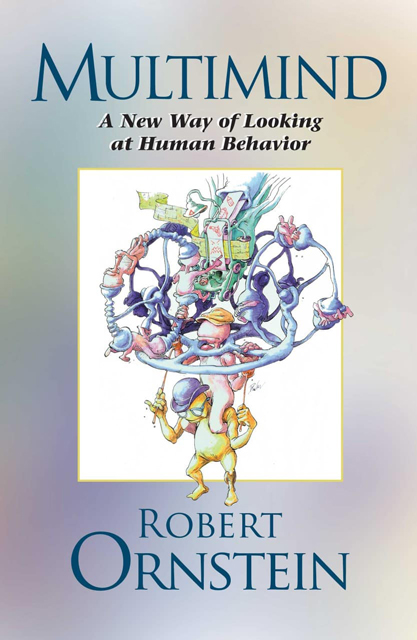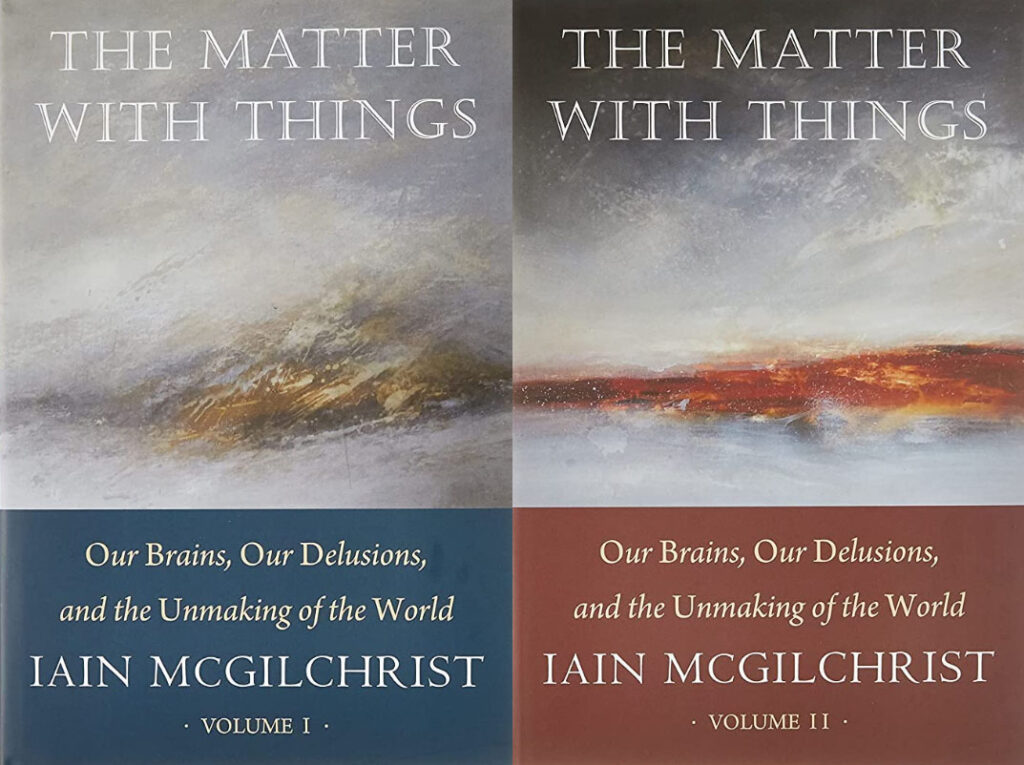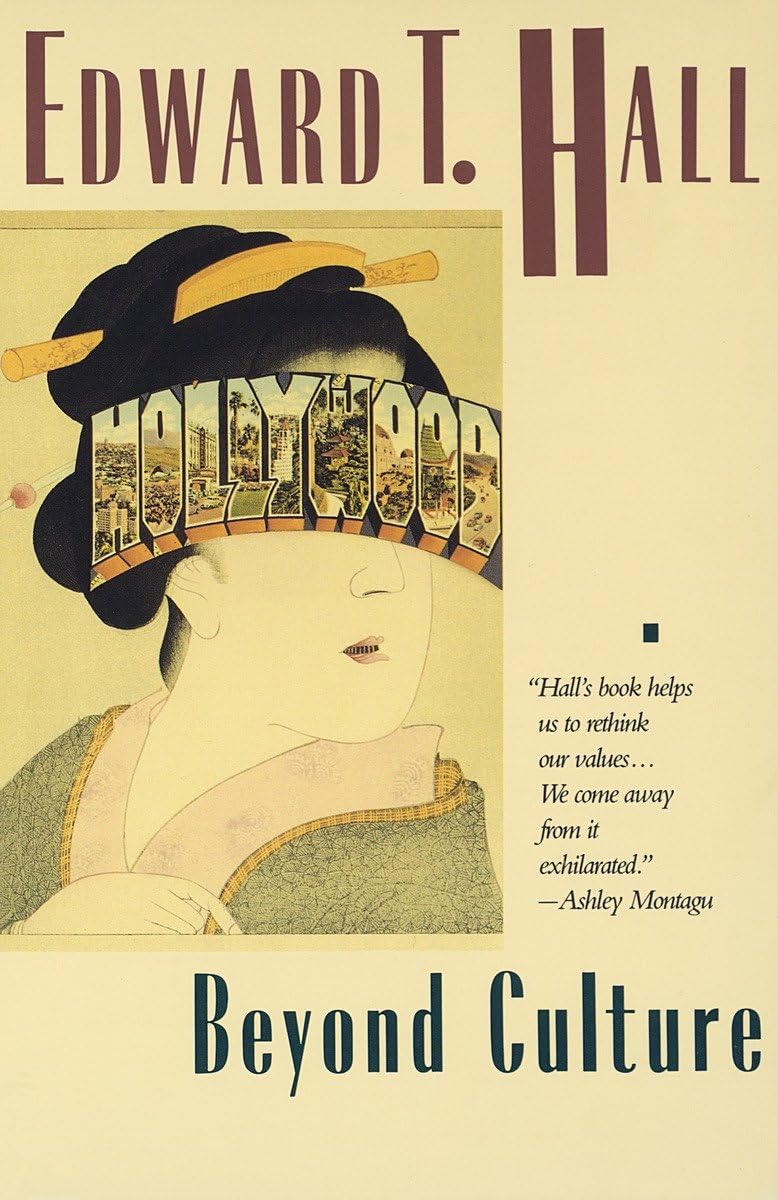Featured Book
Beyond Culture
Edward T. Hall and Our Hidden Culture
By Edward T. Hall
Report by John Zada
Contributing Writer
The late American cultural anthropologist and cross-cultural researcher Edward T. Hall (1914 – 2009) was considered an outlier in his broader field of ethnography. Unlike most of his 20th century colleagues working in anthropology, Hall wasn’t drawn to the more tangible aspects of what most of us call human “culture”: things like music, food, art, language, dance, clothing, rituals, celebrations and rites of passage. Instead, after spending his early adulthood working and travelling among non-Anglophones, both in the United States and in other parts of the world, he became cognizant and fascinated in the deeper layers of culture that he claimed lie buried beneath those more obvious forms.
Hall coined the terms “hidden culture” or “unconscious culture” to describe the non-verbal behaviours and habits of thought that operate below human awareness, and which vary between cultural groupings. They include things like perception of space, awareness of time, implicit and explicit communication habits, rhythms and body movements, and other aspects of nonverbal signalling.
“Beneath the clearly perceived, highly explicit surface culture, there lies a whole other world, which when understood will ultimately radically change our view of human nature,” he writes, in his 1976 book Beyond Culture. “Like the invisible jet streams in the skies that determine the course of a storm, these hidden currents shape our lives, yet their influence is only beginning to be identified.”
Hall devoted his academic life to studying and articulating the various aspects of “unconscious culture” in a cross-cultural context, writing several books on comparative non-verbal behaviour including, The Silent Language, The Hidden Dimension, The Dance of Life, and Beyond Culture. His ideas, like those of his two friends and colleagues, Marshall McLuhan and Buckminster Fuller, both of whose works he influenced, were the bases of new paradigms about human behaviour that changed the way we see the world and ourselves.
Hall’s Beyond Culture, his magnum opus, is a summation of all his insights up to that point, and articulated in relation to one another. But it is also the vehicle of his grand thesis and call-to-action that he would champion for the remainder of his life: that in order for humankind to reduce the dissonance that causes conflict and misunderstanding, we have to become aware of both our own hidden cultural differences, and those of others. Our very survival as a race, he alleges may depend on transcending, or getting beyond, our hidden cultural differences—hence the title of his book.
“The future depends on man’s being able to transcend the limits of individual cultures,” he writes. “To do so, however, he must first recognize and accept the multiple hidden dimensions of unconscious culture, because every culture has its own hidden, unique form of unconscious culture.”

Multimind: A New Way of Looking at Human Behavior
This provocative book challenges the most-popularly held conceptions of who we are. In it, psychologist and renowned brain expert Robert Ornstein (1942 – 2018) shows that, contrary to popular and deep-rooted belief, the human mind is not one unified entity but, rather, is multiple in nature and is designed to carry out various programs at the same time.

The Matter with Things
Iain McGilchrist
One of McGilchrist’s central points is that our society is one in which we rely on representations of the world as our way of knowing it. Scientific theories expressed in mathematical form, economic models, photographs – all re-present the reality they purport to describe.
In the series: Our Mind in the Modern World
- An Ancient Brain in a Modern World
- Our Unconscious Minds
- Maintaining a Stable World
- The Multiple Nature of Our Mind
- Connecting with Others
- Morality’s Long Evolution
- Unconscious Associations
- The Brain’s Latent Capacities
- God 4.0
- Multimind: A New Way of Looking at Human Behavior
- Thinking Big
- Social
- The Weirdest People in the World
- The Righteous Mind
- New World New Mind
- Moral Tribes
- The Mountain People
- The Matter with Things
- Humanity on a Tightrope
- Fluke

